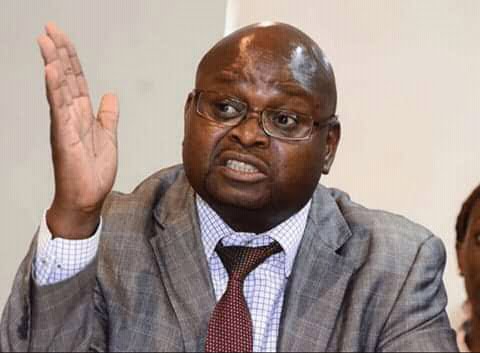By Andanje Wakhungu
The Kenya national Union of Nurses (KNUN) secretary General Seth Panyako has criticized the manner in which Malava constituency development fund office is distributing bursaries without following proper channels.
The outspoken Panyako who is also aspiring for the position of Malava Member of Parliament accused the incumbent Hon. Malulu Injendi of personalizing the distribution of the constituency funds without allowing for public participation.
“We have a scenario where the Mp and his office decides that all students in the constituency who apply for the bursaries are awarded whether they perform well in class or not and this is hurting parents who have bright and needy students.
They end up giving out Ksh.2, 000 per student which is just a drop in the ocean which leads to most students staying out of school for lack of fees.
It is better to prioritize students who are bright from poor background, the orphans and vulnerable groups instead of the flat rate method the MP has devised in a bid to appease all the parents to vote for him.” He said
Panyako took offense with the MP over his use of constituency funds to drum up his political support ahead of the coming elections maintaining that the CDF fund was public coffers that should not be used for personal gains.
“Stop bragging over cdf projects initiated in the constituency as if it is your pocket money.”Panyako told Injendi.
He accused him of failing to honor the Kenya medical training college he pledged to put up in Malava after being reelected.
However, in a quick rejoinder Malava constituency fund chairman confirmed that public participation is always carried out at ward levels before any project or bursary allocation is done.
“It is before the new act took effect in 2015 that cdf funds could be used without a proposal in place but since the regulation was constituted you can’t do that,” the manager said adding that Panyako who is also the United Democratic Party (UDA) national vice chairman was just seeking political millage out of false accusations.
He noted that the act allows the proposed projects to go up to two years before another public participation is held due to the many proposals in each ward and which cannot be completed within the first year alone.






